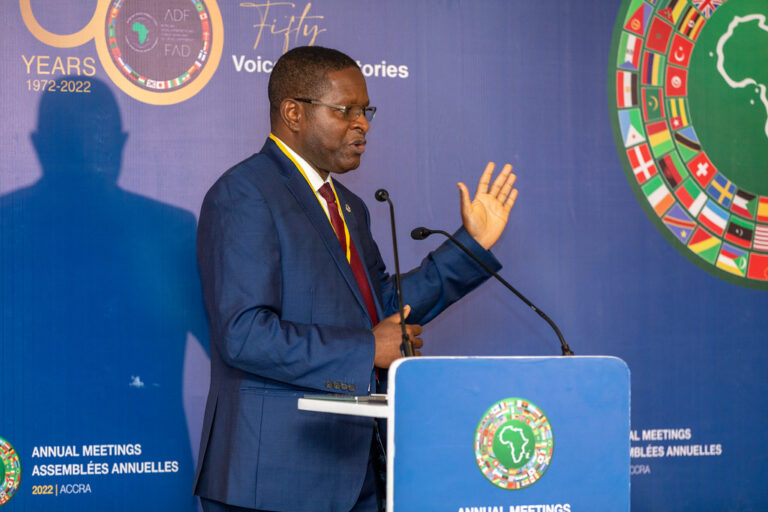Patience Oniha, Director General of Nigeria’s Debt Management Office (DMO), and Prof. Kevin Chika Urama, Vice President and Chief Economist at the African Development Bank (AfDB), have jointly advocated for the creation of an African credit rating agency to address systemic biases in global financial assessments.
The call was made at the inaugural ‘Policy Dialogue on Making Debt Work for Africa: Policies, Practices, and Options’ held in Abuja, where debt management officers, finance ministers, and multilateral organizations from across Africa gathered. The event underscored the need for an African credit rating institution to provide more equitable evaluations of African economies.
In a conversation on the proposed credit agency, Oniha stressed that while establishing such an agency would take time, it must meet international standards to gain acceptance by global investors. “For Africa to have a credit rating agency, it must align with the major global players like Fitch, S&P, and Moody’s. This will ensure its credibility and eventual acceptance,” she said. “It shouldn’t just be viewed as an African project; it should aspire to be on par with international agencies.”
Prof. Urama, agreeing with Oniha, noted that global credit rating agencies often lack a significant local presence in Africa, which results in assessments that do not fully reflect the continent’s economic realities. “It’s not just about credit rating agencies; it’s about addressing a human phenomenon of bias that we must confront,” Urama emphasized. He further argued for the necessity of African-based agencies having physical presence to access accurate data and produce more reliable ratings.
Urama elaborated on the broader vision for the African Credit Rating Agency (AfCRA), explaining that it would not only provide ratings but also support African countries in building their capacity, improving data systems, and refining methodologies. “The main goal of AfCRA is to create a counterbalance to global agencies, ensuring that Africa’s economic realities are adequately reflected,” he added.
During the event, the International Monetary Fund (IMF) also weighed in, urging Nigeria to adopt more conservative and realistic budgetary planning to mitigate the risk of escalating debt. Christian Ebeke, IMF’s Resident Representative in Nigeria, warned that overly optimistic fiscal forecasts often lead to unexpected budgetary shortfalls and reduced public investments, ultimately hindering long-term development.
Ebeke stressed the importance of credible, conservative budgeting, noting that a more realistic approach would help African countries avoid fiscal surprises and reduce debt burdens.
Both Oniha and Urama concluded by calling for long-term investment in statistical systems to ensure reliable data and build confidence in Africa’s macroeconomic governance, which is critical for overcoming global financial inequities.

